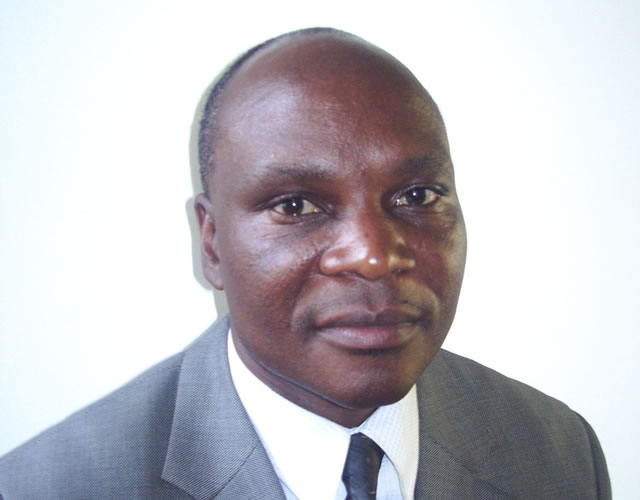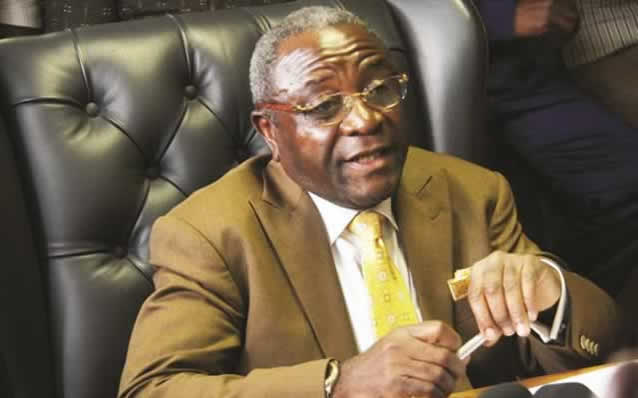Diamonds: No business-as-usual anymore

Tichaona Zindoga
Last year, Nicholas Shaxshon, a former Reuters correspondent, wrote an interesting piece on “The resource curse, or the paradox of poverty from plenty” based on his experiences in Angola.He was taken aback by the war and poverty in Angola despite its natural endowments chiefly diamonds and oil.
He wrote: “As I arrived in Angola in 1993 a British academic, Richard Auty, was putting a name to a then poorly-understood phenomenon: what is now widely known as the ‘resource curse’. Countries that depend heavily on natural resources like oil or diamonds often perform worse than their resource-poor peers in terms of human development, governance and long-term economic growth. Studies by renowned economists such as Jeffrey Sachs, Paul Collier, Terry Lynn Karl, Joseph Stiglitz and many others have now established the resource curse in the academic literature, and in the public mind too.
“A weak version of this curse, which few would disagree with, holds that resource-dependent countries tend to be bad at harnessing those resources to benefit their populations. The windfalls are squandered. A stronger version is more surprising: natural resources tend to make matters even worse than if they had been left in the ground, leading to higher rates of conflict, more corruption, steeper inequality, deeper absolute poverty, more authoritarian governments, and lower long-term economic growth.”
Shaxshon says he even feared that Angola was afflicted by a stronger strain of the resource curse.
In Zimbabwe, which is said to possess a quarter of the world’s diamonds, the “resource curse” idea has been bandied about, mainly by interests that have been opposed to the idea of the present Government (as peopled by Zanu-PF) superintending over the resource.
It is known who would be taken in as the best miners, outside of Zimbabwe Government’s control.
It is also known who would rather the resource was left unexploited, for the time being.
The politics and polemics are clear.
However, it would not hurt to stop for a second and consider the critical points in the resource curse phenomenon and to argue positively and constructively on the challenges that Zimbabwe faces.
The story of Zimbabwe’s diamonds is taking an increasingly sad turn in light of alleged corruption and increasing disenchantment about how the resource is being exploited.
Stories abound of underhand dealings and scandals of kickbacks and bribes.
The very communities from which the diamonds are mined are wallowing in poverty due to a multiplicity of reasons ranging from being neglected and cheated to being powerless to hold anyone to account.
The Government arm in mining, the Zimbabwe Mineral Development Corporation, which holds at least half a stake in all ventures mining diamonds at Chiadzwa, has been both corrupt and inept.
The companies that are mining in Chiadzwa have not been transparent and the country is in the dark about what has been happening in the diamond operations.
Even the auctions in Antwerp and Dubai, which should have been game changers on top of the lifting of sanctions by the European Union, have been drab affairs (or has somebody deliberately downplayed their importance?). Who knows what these diamonds have been worth?
It is all depressing; confusing.
A weekly publication recently screamed for the shutting down of the diamond fields to pave way for a fresh start. No one can fault the paper. Frustration is mounting inexorably.
And as long as the country does nothing about the present situation, Zimbabwe cannot escape the resource curse tag. There are a few points that need to guide the authorities.
The first relates to the exploitation of diamonds and other resources, and efficiency and transparency will be key words.
Government has scant reason to continue with the current situation where the country has little to show for its world position in terms of resource endowment.
It has been proven that current operators at Chiadzwa, save perhaps for one, are inept and have been more comfortable doing rudimentary mining of alluvial diamonds in the process, thus earning themselves the epithet of glorified makorokoza.
All well-meaning observers would have been shocked to hear some companies there asking for more land for alluvial mining because they did not have the capacity to sink a little deeper — at least 30 more metres underground.
This would have been ridiculous were it not pointing a criminal finger at the Government’s seriousness (or, specifically, the apparent lack thereof).
The second point is to deal with lack of transparency in the exploitation of diamonds.
There have been a couple of sackings at ZMDC and the Minerals Marketing Corporation in the last few years but things have remained the same.
That should be very damning, if one were to analyse it.
Only in Zimbabwe, it is almost like a religion to do things in a business-as-usual fashion.
While Government appears at sixes and sevens over what should be done at Chiadzwa, does it not also feel the irony in defeating its own ends?
Take the Zim-Asset blueprint, which should be the only game in town.
One of its major thrusts, addressing the mining cluster, specifically targets diamond mining.
The outcomes of this Key Result Area are increased revenue from the diamonds industry and increased employment while the outputs are 1.2 million carats polished gem diamonds produced, value addition in industrial diamonds, and production of skilled personnel.
The one strategy in achieving this is the establishment of diamond cutting and polishing centres.
Given the lackadaisical manner in which Government usually operates, it is to be reasonably feared that nothing concrete will be done and the country will not produce and add value to diamonds as well as create employment.
Jobs will continue to be lost to such countries as India where they know how to add value and Zimbabweans will remain ignoramuses when they should be skilled and dexterous.
The temptation to sound gloomy can be strong. If only there were positive signs from authorities.
There isn’t.
And those that do not believe that an African government, especially one that does not go along with the West, can own and manage its resources for the benefit of the people, not few fat cats, should be very happy.
They have every reason to.
Unless Zimbabwe changes its attitude and conduct, it will turn out to be just another resource-cursed country.
It is to be hoped that Mines and Mining Development Minister Walter Chidhakwa, on whose shoulders the delivery of the success of the mining sector, as expected of him under Zim-Asset and indeed common cause, is taking note.










Comments